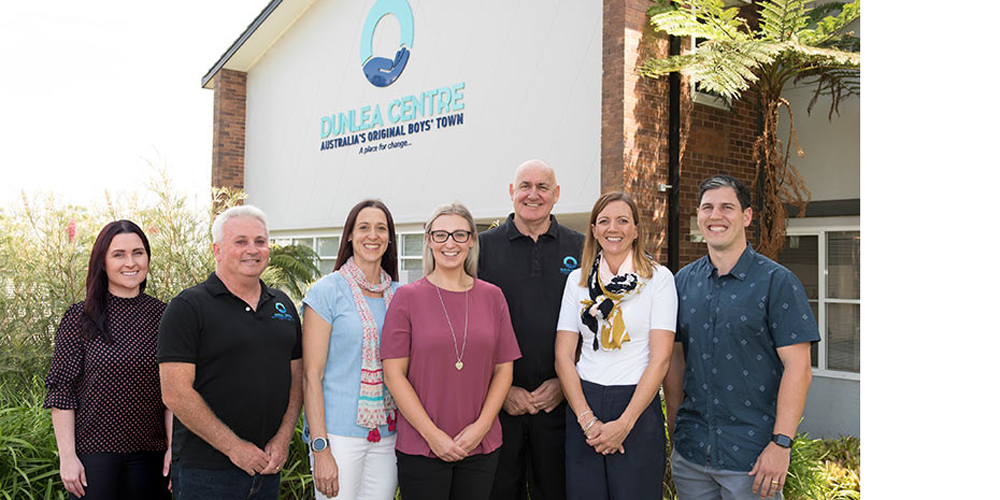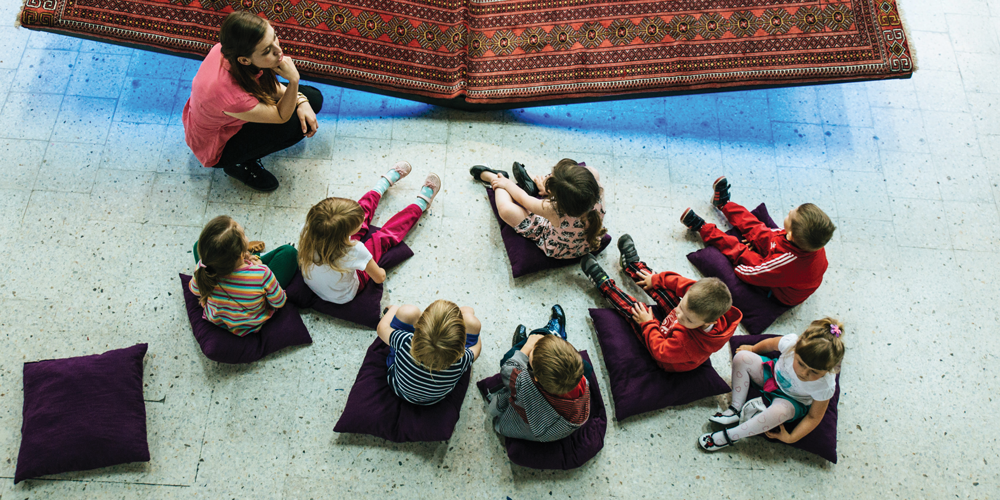We all want our children to grow up to become model citizens, to be kind and generous members of our community. We often view our children as a reflection of ourselves, our morals and family values.
How we instil these values shape our children’s view of the world and allows them to distinguish between right and wrong. As parents, aunties, uncles and grandparents, we are teaching these principles through our interactions, role modelling, joint experiences, storytelling and reasons or rationales given to our children and youth.
All behaviour, everything we do (big or small), is motivated by negative and positive consequences. We must not assume that our young people always know why they should do something or the impact that their behaviour may have on others.
Let’s be honest, a lot of the time they will not know why or may even disagree with the rationale (or simply think it is only to benefit nagging parents!). Therefore, it is our job to teach our young people the reasons why.
Often, giving reasons to our young people can translate into statements such as, “because I said so” or “just do as you’re told”. Adding a rationale as to why we are asking our youth to do what we have asked, or how to behave in a certain way, only adds seconds to the conversation or instruction, but knowing we are shaping their moral compass can provide peace of mind.
At Dunlea Centre, effective reasons (rationales) are provided in all types of interactions with young people. Rationales have proven to be an invaluable and meaningful tool when utilised with social skills teaching. Several examples include the provision of praise, or teaching a new skill or perhaps correcting a reoccurring behaviour.
 The Dunlea Centre leadership team work hard to empower young people!
The Dunlea Centre leadership team work hard to empower young people!
Reasons are generally given in the context of everyday social skills, which highlight the benefit of the corrected behaviour, both for the young person and for others. When we refer to social skills at Dunlea, we mean the specific ways of interacting and communicating with others that is socially acceptable and supports the development of healthy relationships.
We work on many skills, including showing respect, because others are more likely to feel safe and welcome when shown respect; accepting decisions of authority, which may lead to being seen as trustworthy; as well as asking for help, as you are more likely to get tasks done correctly.
Social skill acquisition and giving effective reasons to our children and youth enables them to learn to understand themselves better and make sense of the world around them. Additionally, they are more likely to live fulfilling lives represented by the family values and morals which they have been taught!

This story originally appeared in the Winter 2022 edition of the Salesian Bulletin, which is available here!

